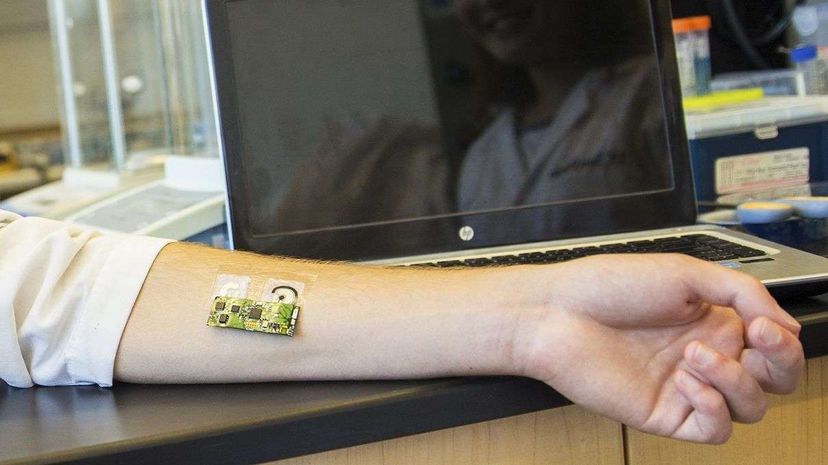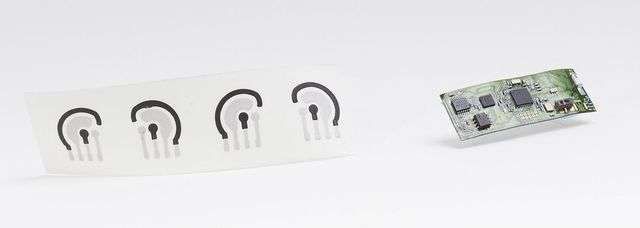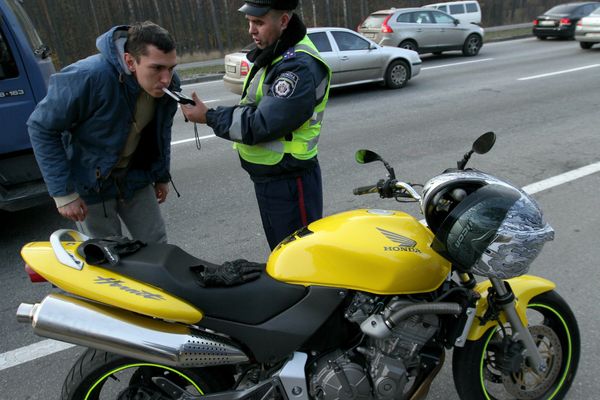
Heads up, party animals. You may no longer have to wonder whether you've thrown back too many tequila shots. Researchers have developed a wearable tattoo/sensor combo that sends an alert to your phone when you've had too much to drink. Researchers in the departments of nanoengineering and electrical and computer engineering at the University of California San Diego teamed up to develop an entirely new type of inebriation detector.
A wearable "tattoo" about the size of stick of gum gets adhered to the inner forearm. The tattoo is loaded with tiny doses of pilocarpine, a drug used to induce sweat. That's how the device spots booze in your system, unlike traditional alcohol detection systems that rely on breath, urine or saliva. It's also equipped with flexible wireless electronics to detect levels of ethanol — the ingredient in alcohol that causes inebriation — and then relay that information wirelessly in real time to a smartphone, laptop or other mobile device via a Bluetooth connection. Imagine a future where you can tap a button to let your sensor know you're heading to the bar, and it can notify you when you're getting close to — or exceeding — the legal limit.
Advertisement
According to findings recently published in the journal ACS Sensors that detailed the device, the concept is similar to sweat sensors used in health and fitness wearables that monitor chemical markers in sweat. While the researchers at UC San Diego are exploring ways to measure alcohol consumption, other initiatives are working on noninvasive wearable technology to monitor blood sugar or detect cystic fibrosis.
Although the device isn't yet available for purchase, it does have promising applications for law enforcement, the university says in a press release. Wearable alcohol sensors may prove to be more reliable than breathalyzers, which can sometimes generate false alarms by detecting alcohol vapor in gum and mouthwash. Plus, these non-invasive sensors provide the same quality of results in just about 15 minutes — the same timeframe, as a blood alcohol test without the impracticality of drawing blood during a traffic stop, and without a delay getting to a hospital to test blood.
"What's also innovative about this technology is that the wearer doesn't need to be exercising or sweating already. The user can put on the patch and within a few minutes get a reading that's well correlated to his or her blood alcohol concentration. Such a device hasn't been available until now," says electrical engineering professor Patrick Mercier, co-director of the UC San Diego Center for Wearable Sensors.
After all, it may sound like common sense, but drunk people? Not so good at judging how drunk they are.

Advertisement

